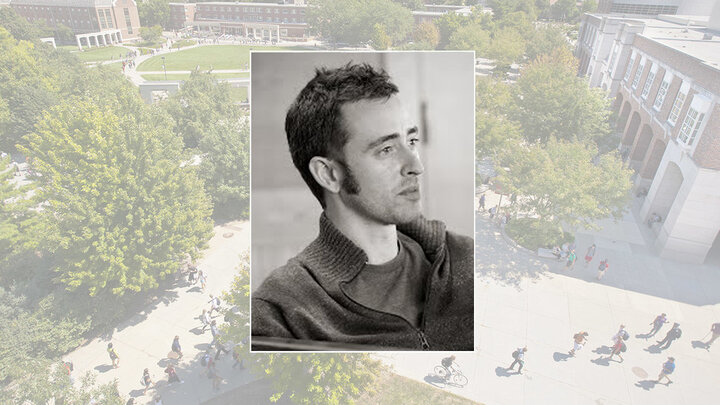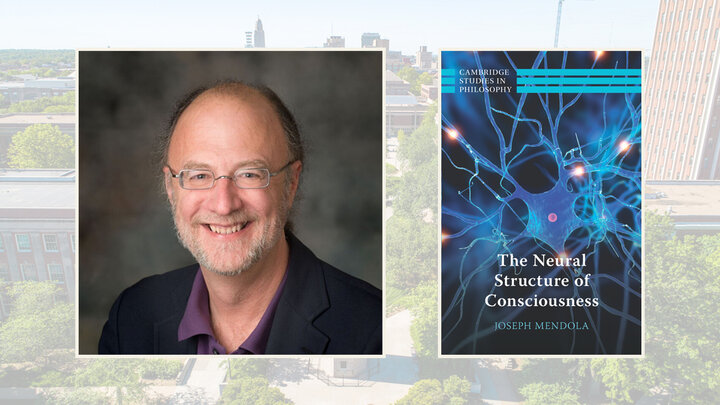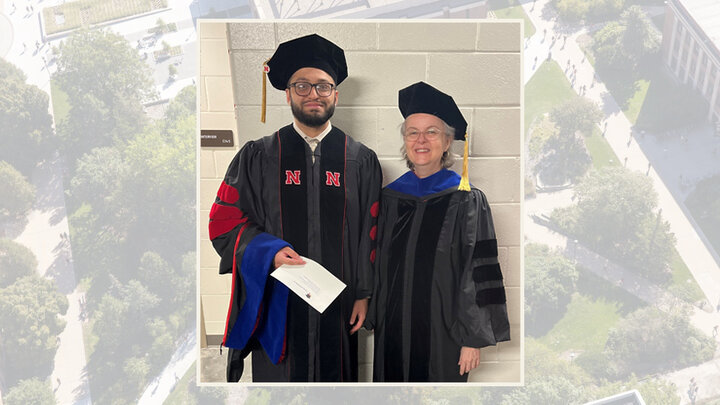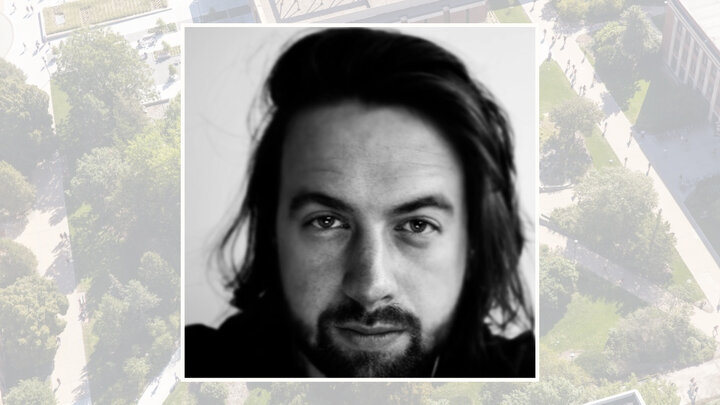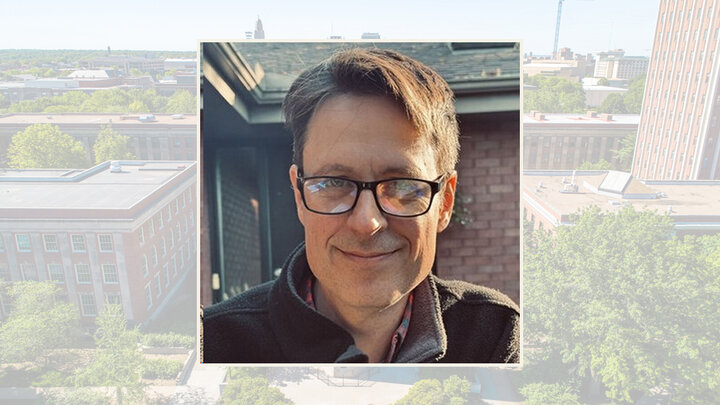Dr. Adam R. Thompson—2015 graduate
What is your job title, and what does it involve?
I am currently balancing a full work load working as:
- Assistant Director, Kutak Center for the Teaching and Study of Applied Ethics, College of Law - University of Nebraska
- Instructor, Department of Philosophy - University of Nebraska
- Instructor, Humanities - Philosophy - Southeast Community College
- Independent Contract - Consulting, Project Management, etc. - Dr. Susan LaFlesche Picotte Center Restoration Project
What sparked your interest in your area of study?
I was somewhat lost when I entered university. I had an extremely difficult time adjusting to the people and the curriculum. My interest in the mind led me to declare psychology as my major originally. But, though the introductory psyche course was fun, it didn't seem to be what I was looking for. The introductory philosophy course that I took with George Barker at Ball State University, however, was eye-opening and brain-melting. Is everything water/constant flux/Nous/etc.?!!! Am I brain in a vat?!!! Is that justice/beauty/etc.?!!! Those questions hugged me and never let go.
What is the value of your area of study?
The value of philosophy is manifold. Philosophy is the foundation of academic study. Philosophy, at its core asks, 'what is there?', 'what is the nature of what there is?', and 'what reason is there to believe that?'. These questions lie at the core of every academic pursuit. For example, biologists ask what biological things are there, what the nature of 'this' biological thing is, and offers reason(s) to believe that 'this' is a biological thing or that the nature of 'this' biological thing is X. Likewise, literature studies wonder what themes there are in a piece of writing, what the nature of those themes are, and offers reason to believe that 'this' a/the theme or that the nature of 'this' theme is X. You may be able to excel academically without it, but you likely won't understand what animates the questions in your field. Such misunderstanding, among other things, can lead individuals to scoff unjustifiably at more fundamental philosophical pursuits. Studying and training in philosophical thought and method develops the critical mind and prepares it to illuminate and seek understanding in a manner unmatched by any other field. Of course, that shouldn't be surprising--every other field is applied philosophy--it originated as a philosophical inquiry and that inquiry is carried out and aided by critical thought and it's expression.
How did you get to where you are now and how did your education help?
Had I not gone to college when I did I would've been back in jail, or worse. Friends, contemporary-associate-employees, professors, my sister, and work pushed me through. After graduating with my BA from Ball State University, I mowed lawns for my cousin. My mentor from undergrad, Dr. David Concepcion, caught wind of this and encouraged me to think bigger. After I was laid off, I was out of work for three months before being employed as a paraprofessional in an elementary school in the Indianapolis Public Schools (IPS) system. During this time I worked with Dr. Concepcion on grad school applications and I earned a spot in the philosophy MA program at the University of Wyoming. After graduation, I returned to paraprofessional work in IPS. While there I applied to PhD programs in philosophy and in 2008, I was admitted to the University of Nebraska. While here I've developed an interesting and enjoyable life here. I love the department, the Kutak Ethics Center, and working with the wide-range of students at the University of Nebraska and Southeast Community College.
